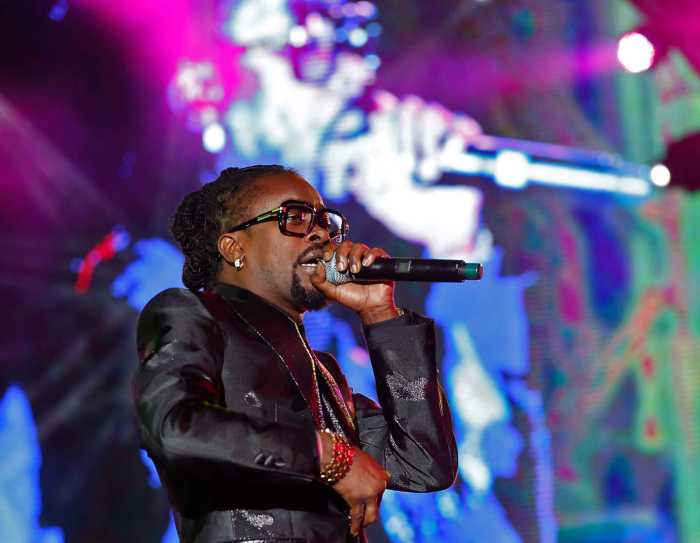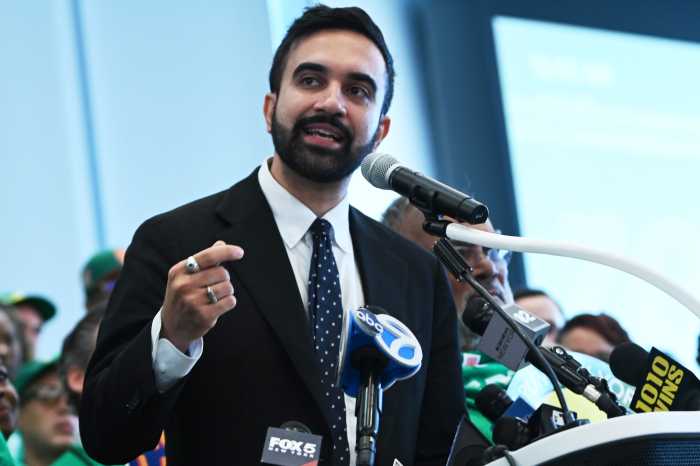In 1978, the same year that Cardinal Karol Wojtyla, the archbishop of Cracow, Poland, was elevated to the papacy and took on the name Pope John Paul II, I had the opportunity to hear the famed Soviet dissident and exiled writer Alexander Solzhenitsyn deliver the Harvard University commencement address, with words that spawned a furious controversy.
Four years earlier, Solzhenitsyn had been arrested and abruptly expelled from the Soviet Union after the publication, six months earlier in Paris, of “The Gulag Archipelago,” a stinging indictment of the brutal political repression that characterized much of the first 50 years of Soviet rule. Solzhenitsyn had himself been in and out of prison labor camps since World War II, and drew on his personal experiences in crafting his 1962 classic, “One Day in the Life of Ivan Denisovich.”
Solzhenitsyn emerged in the West in 1974 as a bona fide hero and his talk at Harvard was widely anticipated as an eyewitness account of an outmoded political oligarchy that Americans across the political spectrum had widely come to see as certainly in or close to its death throes.
Instead, Solzhenitzsyn’s Harvard speech was largely a critique of the West, at times stinging and biting, but also surprisingly reactionary. The characteristic which the famed writer saw as emblematic of Western societies—Europe and the United States—was “a decline in courage.” The failing was primarily spiritual in nature, he argued.
“A fact which cannot be disputed is the weakening of human beings in the West while in the East they are becoming firmer and stronger,” Solzhenitsyn told the startled crowd in Cambridge. “Six decades for our people and three decades for the people of Eastern Europe; during that time we have been through a spiritual training far in advance of Western experience.”
What popular culture in America celebrated—the growth in personal freedom and choice, after World War II and especially in the wake of the 1960s— Solzhenitsyn decried as “individual rights [reaching] such extremes as to make society as a whole defenseless against certain individuals.”
“It is time, in the West, to defend not so much human rights as human obligations,” he said, adding, “Such a tilt of freedom in the direction of evil has come about gradually but it was evidently born primarily out of a humanistic and benevolent concept according to which there is no evil inherent to human nature; the world belongs to mankind and all the defects of life are caused by wrong social systems which must be corrected.”
I took the time to go back and find the words Solzhenitsyn spoke that June day in 1978 because I thought of that moment several times during the weekend that Pope John Paul II died. Born two years after Solzhenitsyn, and subject not only to the brutality of Soviet domination of his homeland but also to the horror of earlier occupation by the Nazis, John Paul II might fairly be said to have been shaped by similar experiences and perspectives on the world.
John Paul’s spiritual resilience in the face of such totalitarianism surely explains his remarkable achievements—his willingness to stand up not only to Moscow’s puppets in Warsaw but also to Ronald Reagan’s social cuts and George W. Bush’s war in Iraq. It is that resilience that people responded to and it is the reason why the moniker “the people’s pope” was more than Vatican marketing.
But like Solzhenitsyn, John Paul was a man of his time and place, a spiritual man from a culture frozen by successive traumas of violence and repression. Perhaps the most telling description of the pope I ever heard was that he reflected the moorings of an early 20th century parish priest in a world where the Virgin Mary was a revered icon of morality.
Like Solzhenitsyn, John Paul rejected what they and other critics term “moral relativism.” Morality is absolute and, at least for the late pope, sexuality is designed to advance procreation. Sex outside marriage and not aimed at procreation is a sinful waste of God’s gifts. Even as Catholics worldwide, many of them holding onto their faith, live by a significantly different standard, John Paul saw it as his mission, just as with Gen. Jaruzelski and Pres. Reagan, to hold the line against the moral abyss.
As it concerned gay and lesbian people and the fight against AIDS, of course, the late pope’s absolutism led to tragic results. And by the time of his final book, “Memory and Identity,” issued earlier this year, the pope had crossed the line from years of official condemnation of gay rights to a posture in which he was indiscriminately conflating all of his lifetime foes—Nazi ideology, Soviet hegemony, feminism, abortion and homosexuality.
Pope John II was widely credited with adapting the papacy to a globe-trotting age of 24-hour cable news. But that was largely a gift of technology. He was in fact a man who lived long enough to be tragically out of his time.
gaycitynews.com



































